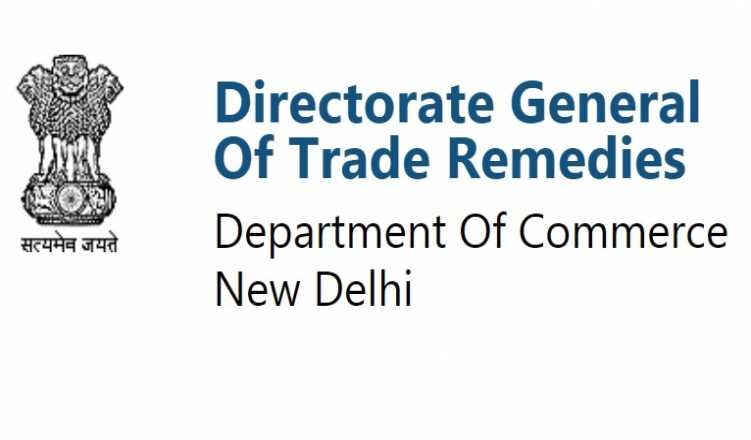

Following a complaint from the Indian aluminium industry, the commerce ministry's investigative arm, Directorate General of Trade Remedies (DGTR), undertook an examination into suspected export subsidies by Malaysia on 'aluminium primary foundry alloy ingot in various forms' and recommended enforcement of the tax on January 31 this year.

After evaluating the final conclusions of DGTR, the central government has chosen not to accept its recommendations, said a Department of Revenue office memorandum.
Domestic enterprises claimed in an application to the directorate that subsidised imports from Malaysia are causing them significant harm and demanded the introduction of countervailing tariffs on the imports. While the DGTR proposes the duty, it is up to the finance minister to decide whether or not to impose it.
A countervailing duty is a country-specific tax levied to protect domestic industry against unfair trade subsidies supplied by exporting countries' local governments. A member nation may impose anti-subsidy or countervailing duties if a product is subsidised by the government of its trading partner, according to the World Trade Organization's (WTO) global trade regulations.
These tariffs are trade remedies aimed at safeguarding domestic industries. A subsidy on a product makes it more competitive in other markets in terms of pricing and is provided by countries to enhance their exports. India and Malaysia are both members of the World Trade Organization (WTO) and commercial partners.
Responses








